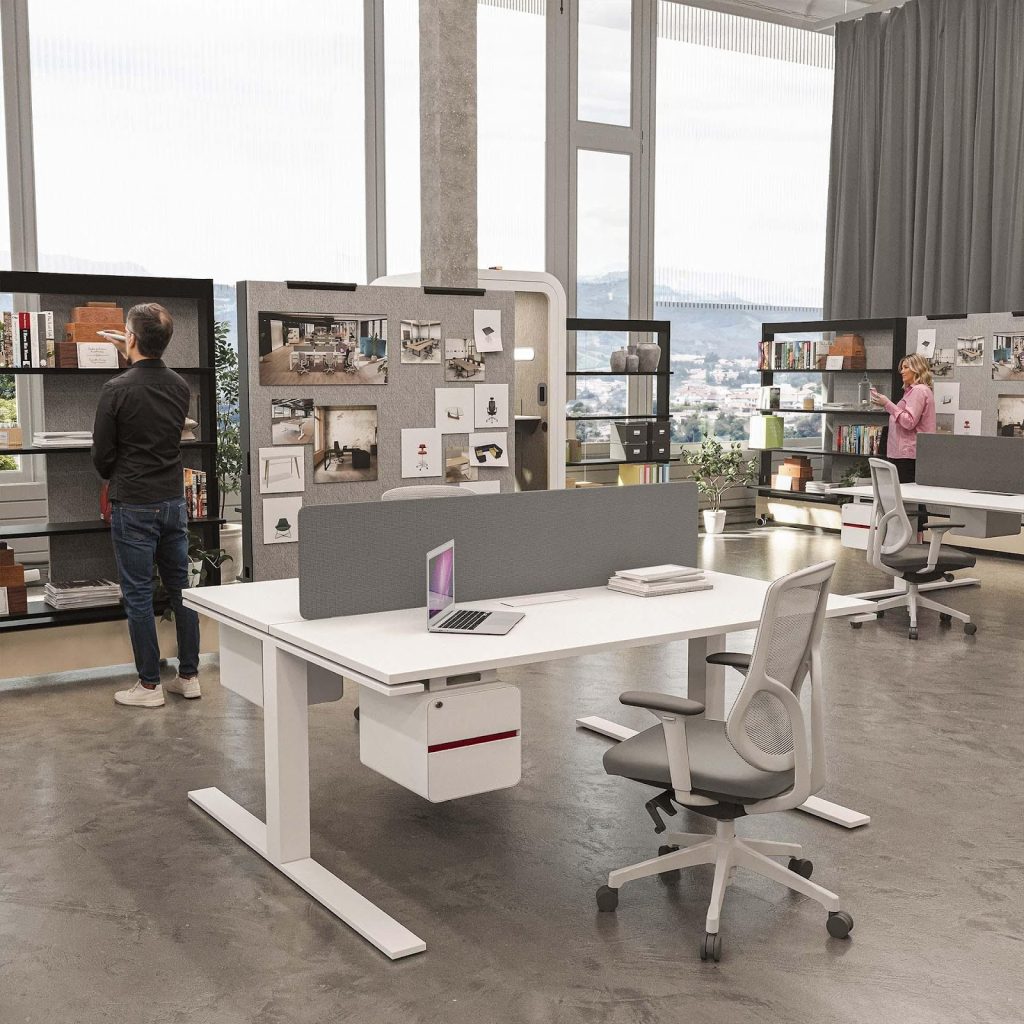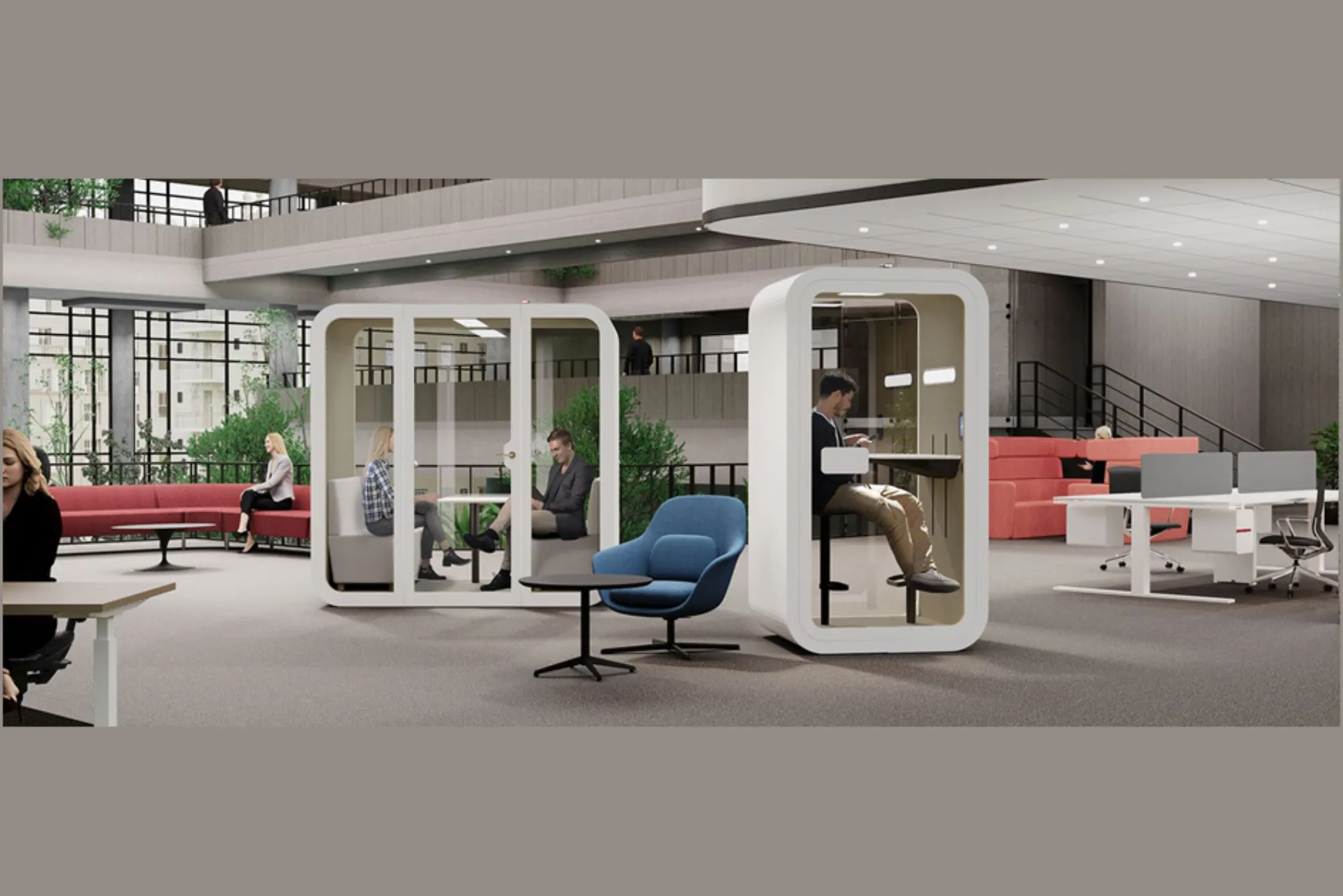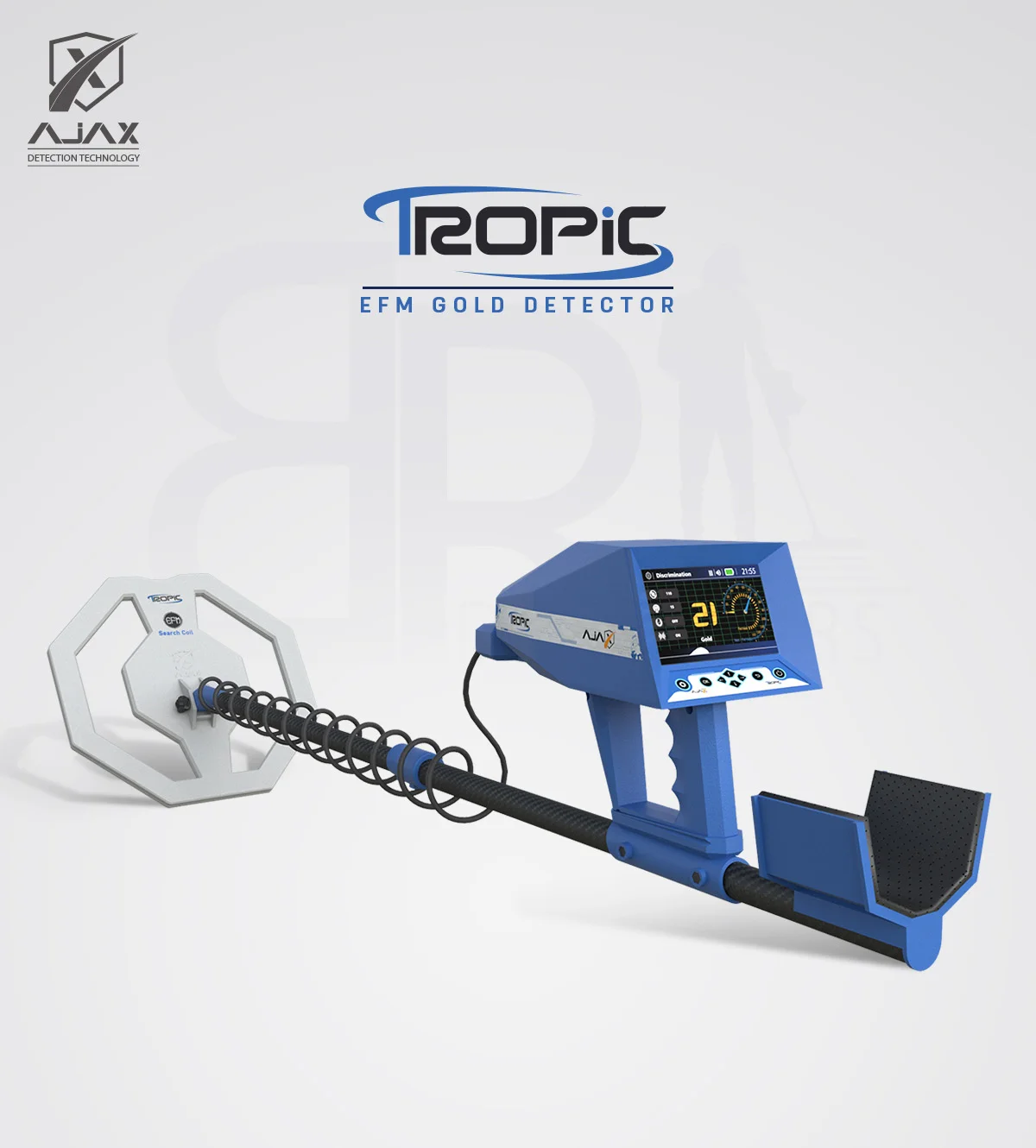Office furniture flexibility is key in today’s evolving workspace, and modular systems are leading this shift. Companies, especially those in dynamic markets like the UAE, need solutions. Office furniture Dubai providers are increasingly focusing on products that can adapt as teams change. Instead of replacing office furniture entirely for each reorganization, modular systems allow adjustments. Modular office furniture is meeting this demand by offering adaptable components. This office furniture that’s modular allows businesses in Dubai to reconfigure layouts quickly.
What Is Modular Furniture?
Modular furniture is designed in separate pieces or “modules” that fit together in different ways. This approach contrasts with fixed, one-piece units.
Companies use modular systems to assemble office layouts like building blocks. The versatility means the same pieces support new projects or accommodate growing teams without a full redesign.
Advantages of Modular Furniture
Flexibility is the main benefit. Modular furniture lets you:
Adapt Quickly: Rearrange workstations or meeting areas on short notice without costly renovations. If a team downsizes, detach some sections instead of replacing a whole desk. If more desks are needed later, simply add new modules.
Maximize Space: Fit furniture together in various configurations, making it easier to use every square foot. Attach benches in corners or at angles. For instance, use a pull-out module in a desk for extra surface when needed.
Scale as Needed: Add or remove modules (desks, tables, seats) to match team size, from one person to many. Instead of ordering entirely new desks, buy matching modules to expand what you have.
Because modular pieces are often simpler and smaller, maintenance and replacement tend to be easier, too. Companies like Urban 411 now offer modular office solutions that combine contemporary looks with high adaptability, so offices can change with minimal hassle.

Real-World Examples
Many modern offices are embracing modular design. For instance:
Agile Meeting Areas: Teams can roll in a modular conference table and chairs, then move them aside when workstations are needed. A table on wheels lets a team quickly form a meeting space and then push it out of the way.
Hot-Desking Stations: Employees sign in to any empty station with modular desks and chairs. This keeps the office flexible for rotating staff. On busy days, pull in extra desk modules; on slow days, shrink the layout to save space.
Integrated Power Desks: Some modules include built-in power and data ports, allowing workstations to pop up anywhere. Need a temporary workspace? Just bring in a desk module with hidden outlets.
These examples show how modular systems support different ways of working. A single modular bench can become separate desks during the day and connect into a lounge bench at lunch. An individual table can join with others for a team gathering. This adaptability is perfect for open offices that need occasional private spaces.
How to Choose Modular Furniture
When selecting modular furniture:
Plan for Growth: Choose a system where you can buy matching parts later on. Stick to one style or brand line so all modules are compatible.
Check Compatibility: Ensure modules fit together (same height, connector style, finishes) so nothing feels out of place. For instance, confirm desks and screens from the same range will align.
Prioritize Quality: Because modular often means moving things, select durable materials and sturdy connectors. A well-built modular desk should lock firmly in any arrangement.
Urban 411 offers modular workstation systems built for UAE offices. Their catalog includes mix-and-match desks, partitions, and storage that can adapt as needs change.

Cost and Sustainability Benefits
Modular furniture systems often have higher upfront costs, but they can save money and resources over time:
Long-Term Savings: You rarely need to replace an entire desk or meeting table. If one module breaks, swap just that part instead of discarding everything. Over years, this pays off.
Flexibility Reduces Waste: As your office layout evolves, reuse existing modules for new purposes rather than buying new furniture. For example, turn old conference table sections into new workstations.
Sustainable Design: Many modular items are made with eco-friendly materials or recyclable parts, so updates have less environmental impact. Swapping one piece creates less waste than tossing a full unit.
Some companies offset the initial price through leasing or subscription models. Over the life of the furniture, the adaptability of modular designs tends to lower waste and replacement expenses. Urban 411, for example, offers modular workstations by the piece, making it easy to expand gradually without overspending.
Conclusion
Modular furniture is transforming how companies furnish their offices. By thinking in modules, organizations create dynamic, reconfigurable spaces that adapt to hybrid teams and future growth. In practice, a company might initially buy only core modules, then easily add more as needed. Try before buying: consider a trial period to ensure modular furniture suits your team’s workflow. Overall, modular office furniture truly represents the future of adaptable, efficient workspace design. In tech-centric offices, the same desk modules that serve as individual workstations can combine into a full team table for brainstorming.




